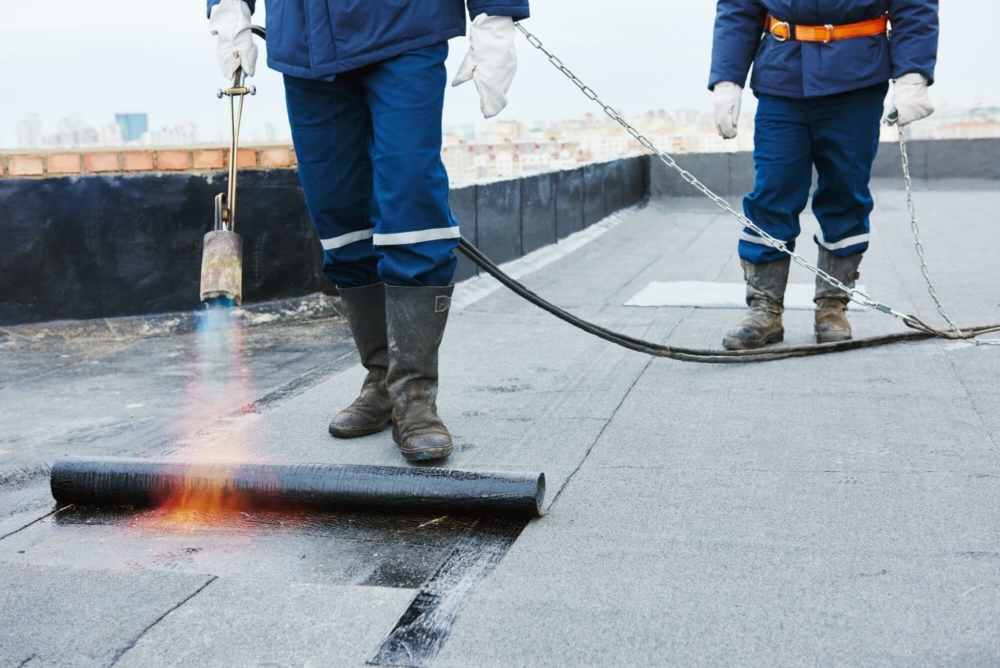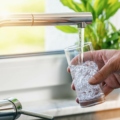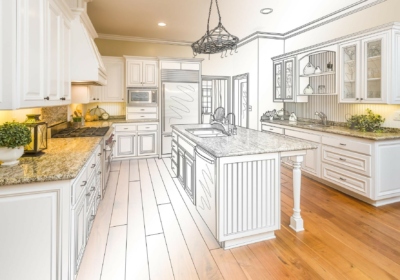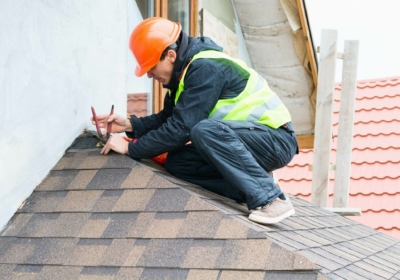Did you know that there in 2019, there were 161,600 roofers in the United States? Businesses hire roofers to complete work. If you want to learn about common commercial roof systems, we can help.
In this guide, we’ll go over what kind of roof system you can consider for your business.
Want to learn more? Keep reading.
How Do You Choose the Right Roof?
If you need to get a new roof for your commercial property, you need to consider a few things. Do you have to walk on your roof? Does it face the sun, or is it exposed to extreme temperatures or high winds?
Different climate types and building usage will affect the choice you make. Think about maintenance costs and the lifespan of the roof.
What about the energy costs of the different roofing materials? In a colder climate, a darker roof will end up reducing your heat bill. A warm environment will benefit from a lighter roof.
What About a Metal Roof?
A lot of business owners find metal roofing to be a popular commercial roof type. Metal roofing can last up to 60 years.
There are different kinds of metal roofing systems to consider. Some metal roofing systems will also have an integrated snow removal or solar system.
Commercial roofing materials include copper, aluminum, stainless steel, tile sheets, or corrugated galvanized steel.
Metal roofing is a sustainable and sturdy option. It also has a solid fire-resistance rating. The only downside of metal roofing is that its susceptible to corrosion.
Modern metal roofs have a protective surface layer. It manages damage from pollution, moisture, exposure, and other environmental factors.
Shingle System
Another standard commercial roofing system is the shingle roof. Shingles are a standard tool used on commercial properties, like ones with steep rooflines.
You can get plastic, ceramic, architectural, asphalt, or slate shingles. The materials tend to be affordable and easy to install.
Some shingles might not last compared to other commercial roofing systems. Shingles are more susceptible to moss and mold.
Built-up Roofing Membrane
A built-up roofing membrane will last up to 20 years if you maintain it well. This commercial roofing system gets created by alternating layers of gravel and tar.
The different layers will affect the cost and durability. It’s not expensive and is straightforward to repair.
This roofing will hold up under foot traffic but needs a stable understructure. The built-up roofing membrane’s UV resistant and can get coated to reflect heat.
The downside of this roofing system is that its lifespan is a little shorter. Also, it’s tricky to identify the source of a leak on an aging roof.
What About a Green Roof?
This kind of commercial roofing system gets created by a durable waterproof membrane. Green plants cover the membrane.
The green roof is a sustainable roofing system and can improve air quality. Green roofs will last up to 50 years long.
The green roof will protect the business from the elements. These roofing systems will also have intricate drainage and water management.
Green roofs will need regular monitoring and maintenance. Also, you might be able to get government and utility incentives.
What About Spray-On Roofing?
Spray polyurethane foam (SPF) is a liquid spray that turns into foam, hardening into a solid layer.
SPF is an eco-conscious roofing option and gets applied to a current roof. SPF roofing systems will add an insulating factor and are waterproof.
The installation for the SPF roofing type has limitations. You can’t install it during snowy, wet, or icy conditions. After it gets installed, it will need to get inspected twice a year.
Thermoset EPDM Membrane
EPDM is a durable, roll-based synthetic rubber roofing membrane. It’s also called Thermoset roofing. The EPDM roofing system will resist pollution and sunlight and is long-lasting.
You will be able to get it in black or white rolls. It’s a single-ply rubber that’s durable against solvents like acids or alcohol. EPDM isn’t the most aesthetic option on the market.
Thermoplastic PVC and TPO Roof Membranes
Thermoplastic polyolefin (TPO) and polyvinyl chloride (PVC) roofing systems resist adverse conditions.
Bacteria growth, chemicals, and UV light won’t damage these roof membranes as fast. Also, the roof membranes tend to be heat-reflective, resist punctures, and are lightweight.
Other benefits will include high tolerance to winds and temperatures. TPO has become popular.
Look out for cheap products. Smaller manufacturers will try and create product lines that are low quality. Buy this product from a well-known manufacturer.
Talk to a Roofing Expert
If you want to get some input into your commercial roof, consider speaking to an expert. You should talk to a roofing professional who has experience installing commercial roofs.
Ask them what they would recommend for your commercial building. You should look at working with reputable roofing professionals. Make sure you ask your colleagues for recommendations.
Once you have a few roofing professionals, contact them. Ask the professionals about their experience working on commercial roofs. Find out more about a commercial roofing professional today.
Now You Know More About a Roof System for Your Business
We hope this guide on commercial roof types was helpful. Now that you know more about commercial roofs consider what would work best for you.
Do you need a roof system that’s going to be energy efficient or needs minimal maintenance? Make sure you talk to a roofing professional and get their advice.
Are you looking for more business tips? Check out our resources on the blog.







Recent Comments